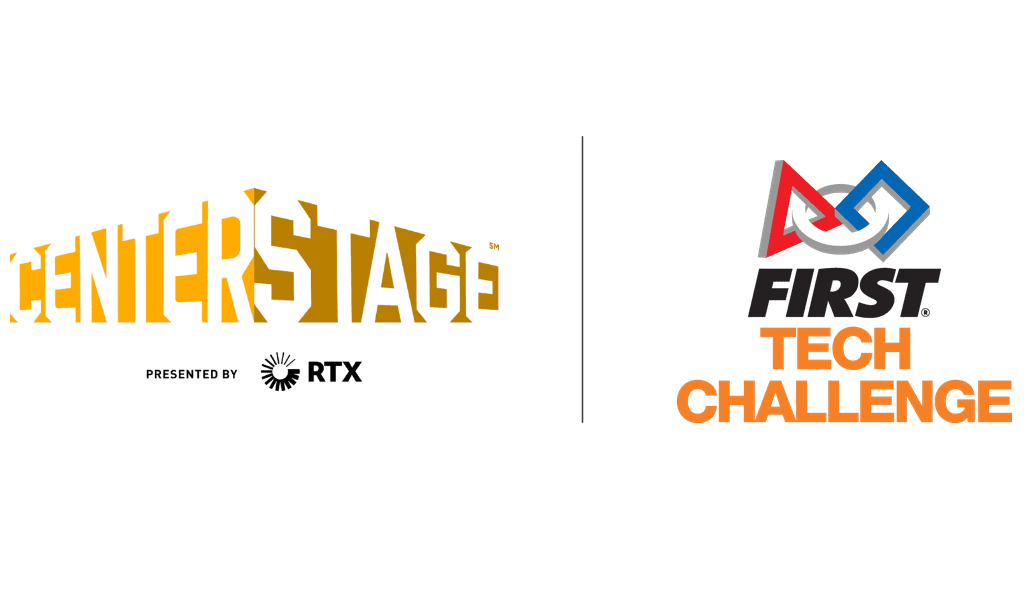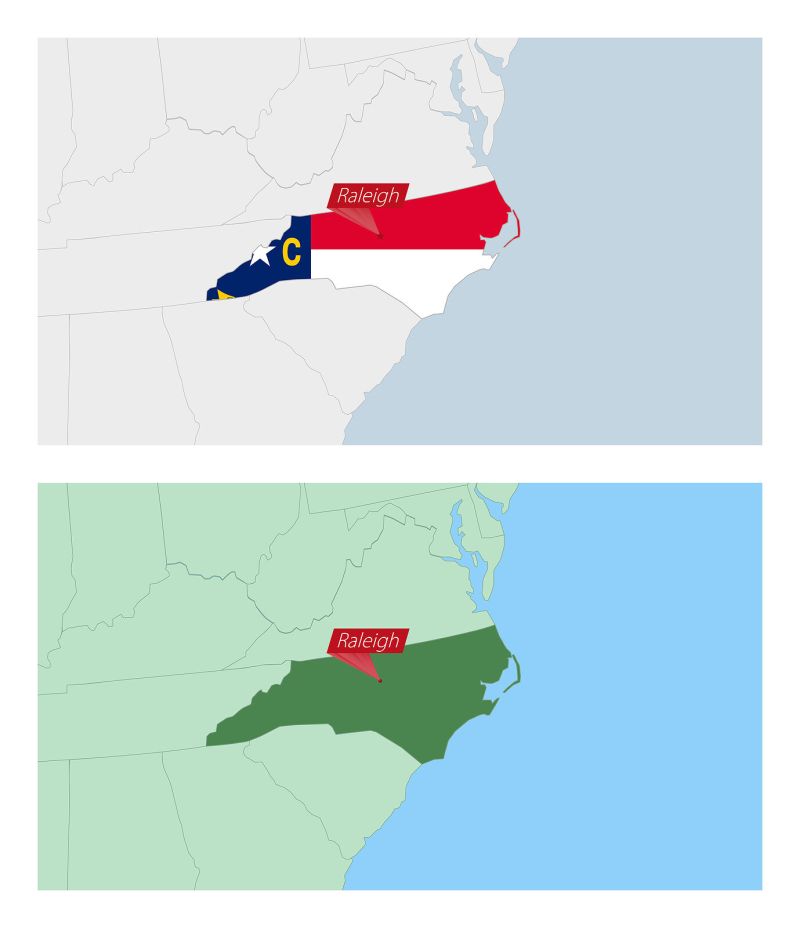Meta's Defense Takes Center Stage As FTC Monopoly Trial Evolves

Table of Contents
Key Arguments in Meta's Defense
Meta's core defense strategy in this FTC Meta lawsuit hinges on several key arguments. Instead of directly contesting the size of its user base, Meta focuses on refuting the very definition of a monopoly within the dynamic social media landscape. Their defense emphasizes robust competition, highlighting the existence of numerous alternative platforms, and underscores the significant benefits Meta's services provide to consumers globally.
-
Specific Arguments: Meta's legal team argues that the FTC's definition of a monopoly is outdated and doesn't account for the constant innovation and rapid evolution within the tech industry. They present evidence showcasing the continuous emergence of rival social media platforms, challenging the notion of a stifled competitive market. The defense also highlights the extensive choice available to users and emphasizes the value proposition of Meta’s services.
-
Expert Witnesses: Meta's defense includes expert witnesses from various fields, including economists and market analysts, who provide testimony supporting their claims of robust competition and consumer benefits. These experts aim to challenge the FTC’s economic models and demonstrate the complexities of the social media market.
-
Counter-Arguments to FTC Claims: Meta directly counters the FTC's accusations of anti-competitive behavior, particularly concerning the acquisitions of Instagram and WhatsApp. Their defense argues these acquisitions fostered innovation and integration, ultimately benefiting users with a more comprehensive and interconnected experience.
The FTC's Case and its Weaknesses (as perceived by Meta)
The FTC Meta lawsuit centers on allegations of monopolistic practices, primarily focusing on Meta's acquisitions of Instagram and WhatsApp. The FTC argues these acquisitions stifled competition and solidified Meta's dominance in the social media market.
-
FTC's Main Claims: The core of the FTC's case rests on the assertion that Meta leveraged its dominant position to eliminate potential competitors through acquisitions, thus violating antitrust laws. They highlight the significant market share held by Meta's platforms and argue this dominance is the result of anti-competitive behavior.
-
Meta's Counter-Arguments: Meta refutes these claims, arguing that the acquisitions of Instagram and WhatsApp were pro-competitive moves. The company emphasizes that these acquisitions allowed for innovation and integration, resulting in enhanced user experiences. They further point to the continued growth and success of independent social media platforms, indicating a healthy competitive market.
-
Perceived Weaknesses in the FTC's Case: According to Meta's defense, a key weakness in the FTC's case lies in their failure to adequately account for the dynamic nature of the social media industry and the continuous emergence of new competitors. They argue the FTC's model is too static to reflect the ever-changing technological landscape.
The Role of Innovation and Consumer Choice
A central theme in Meta's defense in the FTC Meta case is the emphasis on innovation and consumer choice. Meta argues that its actions have fostered innovation, providing users with a broad range of free services and features.
-
Consumer Benefits: Meta’s defense highlights the extensive features and services offered to billions of users worldwide, including free communication tools, connection opportunities, and access to information. They stress that these benefits outweigh any perceived anti-competitive behavior.
-
Competitive Landscape: Meta argues that the social media landscape remains competitive, with various alternative platforms vying for users. They cite the existence of established players like Twitter, TikTok, and Snapchat, as well as the continuous emergence of new social media and messaging apps.
-
Acquisitions as Pro-Competitive: Meta portrays its acquisitions as strategically beneficial, leading to innovation and integration, ultimately creating a better experience for its users. They argue that combining these services has accelerated the development of new features and improved overall user experience.
Potential Outcomes and Implications of the Trial
The FTC Meta trial’s outcome holds significant implications for the tech industry and consumers. Several scenarios are possible.
-
Potential Scenarios: The trial could result in an FTC victory, leading to potential divestment of acquired companies (Instagram and WhatsApp) or substantial fines. Conversely, Meta could win, dismissing the FTC’s claims. A settlement between the two parties also remains a possibility.
-
Implications for Mergers and Acquisitions: The outcome will significantly influence future mergers and acquisitions in the tech sector. A ruling against Meta could set a new precedent, leading to stricter scrutiny of future acquisitions and potentially chilling innovation.
-
Impact on Consumer Privacy and Data Protection: The case will also influence the debate surrounding consumer privacy and data protection. The trial's outcome could impact future regulations regarding data collection and usage by tech companies.
Conclusion:
Meta's defense in the FTC monopoly trial focuses on refuting the definition of a monopoly in a dynamic market, emphasizing competition, highlighting consumer benefits, and framing acquisitions as pro-competitive. The key points of contention revolve around the definition of a monopoly, the competitive landscape, and the impact of acquisitions. The outcome of the Meta Monopoly Trial will have far-reaching implications for the tech industry, influencing future mergers and acquisitions, and shaping the regulatory landscape for years to come. Stay informed about the evolving Meta Monopoly Trial and its ramifications for the digital landscape. Continue following updates on this pivotal case affecting the future of social media and tech giants.

Featured Posts
-
 Ieadt Ihyae Aghatha Krysty Astkhdam Aldhkae Alastnaey Fy Ktabt Qss Jdydt
May 20, 2025
Ieadt Ihyae Aghatha Krysty Astkhdam Aldhkae Alastnaey Fy Ktabt Qss Jdydt
May 20, 2025 -
 Pro D2 8 Equipes A 8 Points Perspectives Pour Valence Romans Et Su Agen
May 20, 2025
Pro D2 8 Equipes A 8 Points Perspectives Pour Valence Romans Et Su Agen
May 20, 2025 -
 L Affaire Jaminet Conclue Remboursement De 450 000 E Au Stade Toulousain
May 20, 2025
L Affaire Jaminet Conclue Remboursement De 450 000 E Au Stade Toulousain
May 20, 2025 -
 North Carolina News Old North State Report May 9 2025
May 20, 2025
North Carolina News Old North State Report May 9 2025
May 20, 2025 -
 Millions Stolen Man Arrested For Hacking Executive Office365 Accounts
May 20, 2025
Millions Stolen Man Arrested For Hacking Executive Office365 Accounts
May 20, 2025
